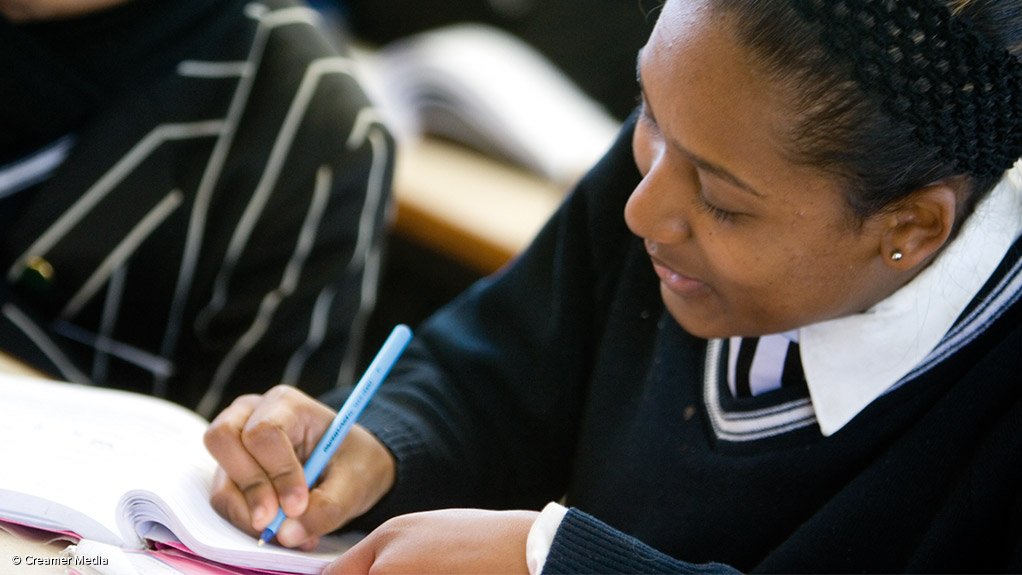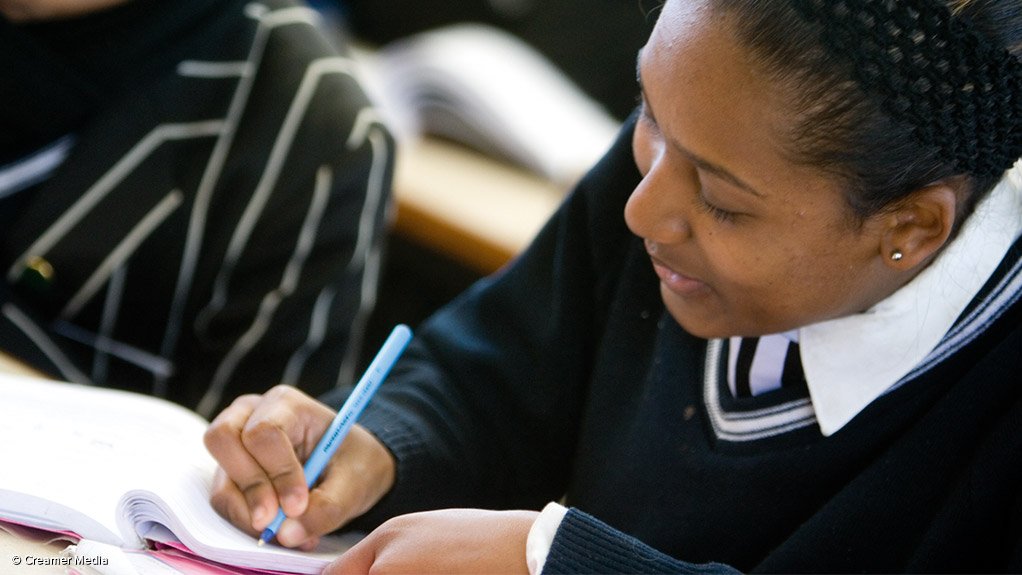A little over a week after delivering his Medium-Term Budget Policy Statement to Parliament as students protesting under the #FeesMustFall campaign amassed outside, Finance Minister Nhlanhla Nene on Friday confirmed that additional funds would be committed to education in the 2016 National Budget.
This after almost two weeks of nationwide student protests over proposed university fee hikes came to a dramatic end on October 23, when President Jacob Zuma announced that there would be no increase in tuition costs for 2016.
Higher Education and Training Minister Blade Nzimande had since told the National Assembly that the decision to stall tuition fee increases had created a budget shortfall of R2.6-billion.
“The budgetary challenges we confront range from those that we know to those that rise unexpectedly. Education is a challenge that government has been focused on for some time . . . and has committed to making a priority.
“The budget will have to take into account . . . the recent spate of events precipitated by an increase in university fees and government has set up a task team . . . to inform how we will find sources to do this,” he told a New Age breakfast briefing, in Johannesburg.
Reiterating sentiment expressed earlier in the week by Nzimande, Nene suggested that government may consider increasing income tax as a mechanism to close the budgetary gap for education.
“[As government], we have a responsibility to finance public expenditure, but we’re also in this with the public and taxpayers,” he commented.
South African Revenue Service commissioner Thomas Monyane said the largest contributors to government revenue were personal income tax, company income tax and value-added tax.
But business analyst Clive Ramathibela-Smith on Friday cautioned government against its apparent perception of big business and the private sector as a “cash cow”, telling attendees at the breakfast that a careful balance needed to be struck between taxing the private sector and creating an environment conducive to its longevity.
“I would not want to see the rainmakers – the guys that make the economy work – taxed more. That would create an uncomfortable situation, as they will feel as though they are creating jobs and contributing to growth but are being taxed more.
“In saying that, we cannot tax individuals heavily, specifically because they are rainmakers and run the engine of the South African economy. A better idea is to introduce a tax on luxury goods. Tax the expensive things, not the wealthy,” he argued.
Taking a private sector perspective on the fees debacle, industry body Business Leadership South Africa (BLSA) on Friday appealed to the business community
to reflect on and review their own “substantial” links to the country’s national universities and the students that studied there.
It cited evidence from organisations managing private sector bursaries that suggested that students from poor communities needed no less than R100 000 for each year of university study at undergraduate level.
“We will engage our members on what they are doing now and where the opportunity exists to do more or better.
“Evidence also suggests that the cost of attending university has risen at a significantly higher rate over the last six years than inflation. There is a need to consider the reasons for these increases, and whether available funds are being spent optimally.
“All sectors of our society need to embrace the goal that no academically able student is denied access to university on financial grounds,” it said in a statement.
Nene would deliver the 2016 National Budget in February.
EMAIL THIS ARTICLE SAVE THIS ARTICLE
To subscribe email subscriptions@creamermedia.co.za or click here
To advertise email advertising@creamermedia.co.za or click here













